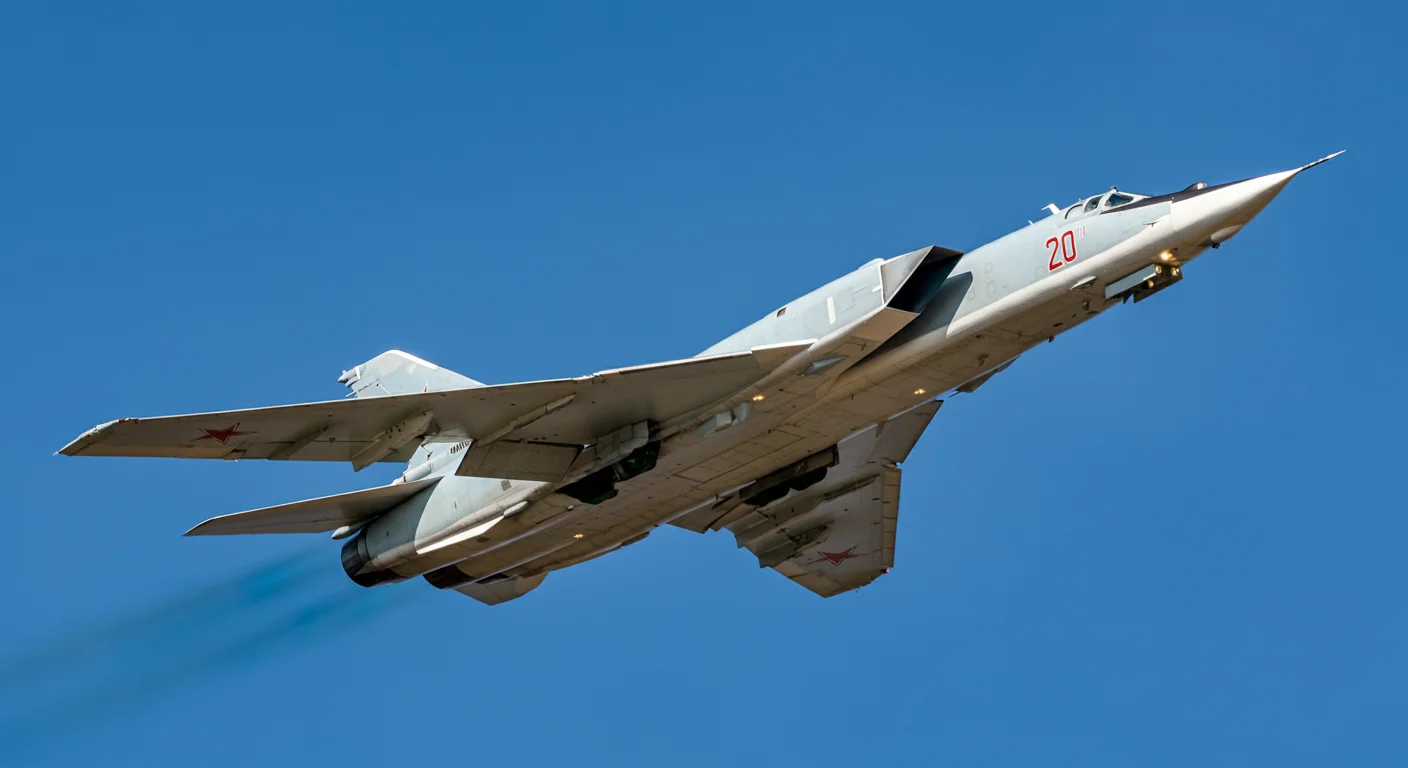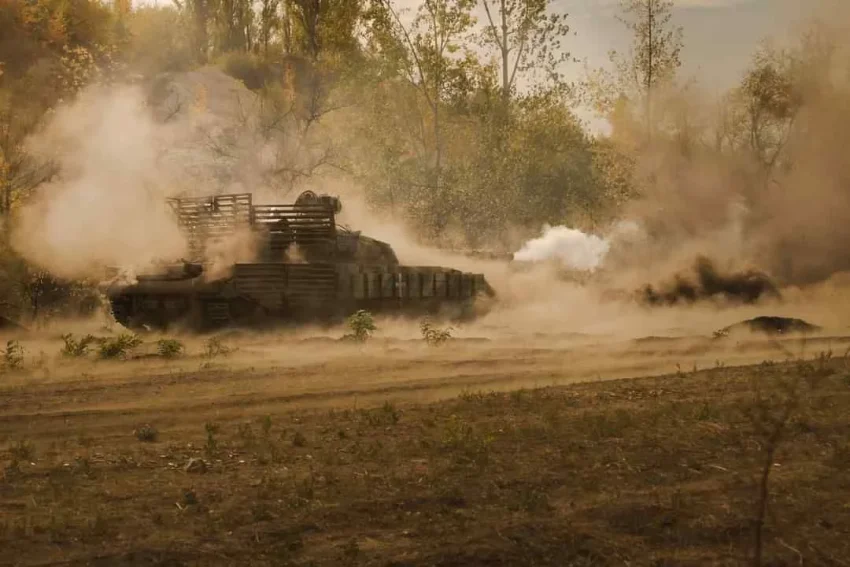It’s time to head back to the realities of the front lines again. I’m well aware that there are hundreds of alternative sources for this type of information, which is why I’ve backed off writing so much about it. It also allows me to look at other issues that might slip past us as we stare so hard at what’s in our immediate focus.
There is also an element of distance viewing. When you go back to look and immerse yourself in the changes the patterns emerge and the strategic shifts start to reveal themselves more readily. I teach it as the Pleiades Factor. You can look up in the night sky when it’s clear and by glancing you can briefly see many of the dimmer stars of the Pleiades cluster. If you look at them directly you can only see the seven main stars, your brain filters out the rest. But you know because you saw it briefly, there’s far more to the cluster than is obvious by staring.
In addition, what’s happened in the wider world beyond Ukraine has had an unusual bearing on Ukraine’s situation.
The new American administration will take office in on Monday Jan 20. The National Defense Appropriations were passed by the House yesterday – one of the last acts of the current congress. Senate still has to approve it. However it directed that Ukraine be assessed by the US to see how it would fare if all aid was cut off.
Zelensky’s meetings with the next President in Paris and what seems to be a potential change of tack from incoming administration officials seem to be positive, but you never know until it actually happens with this lot.
My personal angle to the next president would be, “you have the advantage, you’re the one with all the cards, you can make Putin walk to your tune, but be very very careful you don’t blow it”.
South Korea suffered a coup attempt in effect. The President has gotten away with it (another example of the Impunity Syndrome), but there will almost certainly not be a change in Korean law now, to allow the sale of weapons directly to Ukraine while an active combatant. The opposition won’t agree to anything he wants to do.

Then of course there is Syria. The effect on the frontlines in Ukraine is zero, but the strategic damage it’s done to Russia and Putin is considerable on a higher level. It does affect how the war ends in the long run. Domestic pressure on Putin is growing daily. For example the BBC reporter in Moscow showed us that Russian newspapers are admitting that the Syria loss was a major defeat for Russia and Iran, but they are trying to backslide at the same time. First by blaming the Iranians and then by saying it wasn’t really that strong a friendship (The story was buried on page 32, nowhere near the headlines). Tell that to the Russians trying to get out of Northern Syria where they’re in a stand off near the airport with American forces, and nervously waiting at the Latakia air base to see what the new government forces will do. In the meantime a rolling stream of Russian Il-76 jets are getting what they can out. The naval base is evacuated with ships out at sea and apparently no personnel left there.
Ukraine has suffered some blows. They won’t say it of course, but it appears they did lose three HIMARS launcher vehicles in an Iskander attack. Overall this is largely unsurprising given the time and number of them in service, but the biggest reason these attacks can happen is because the Russians have improved their drone-missile coordination systems, getting them down to under sixty seconds from a confirmed spotting of a target by something like an Orlan-2, to a launch order. With a flight time of well under three minutes the targets are rarely going to survive if stationary.
FRONT LINE
POKROVSK
Russian forces are making progress south of Pokrovsk, targeting Ukrainian weak points and attempting a maneuver to attack Pokrovsk directly from the south. They have advanced near Novyi Trud and along the E50 highway, pressing Ukrainian positions and capturing two during recent attacks. Ukrainian forces describe the situation as critical, with Russian battalions receiving significant reinforcements and conducting frequent attacks, leading to notable Russian casualties. The loss of personnel may hinder Russia’s ability to sustain broader offensive operations despite their current gains.
The Russians are attacking as many as 30 times a day and using a great deal of artillery to push their advantages.
The persistence with Pokrovsk because of its communications lines, rail and a key road makes sense for the Russians. Its defense makes as much sense for the Ukrainians. Its a meat grinder for Russia but the cost is ridiculously high.
If Russia can secure Pokrovsk by the end of January – which seems a long shot operation, it would put them in a good strategic position to recuperate, pretend to negotiate over the winter and then resume afresh in the Spring. It largely depends now on how vicious the winter is and if it hinders their operations.
KURSK

Like or not, Kursk is slowly slipping away from Ukraine. It’s taking a ridiculous amount of Russian force to eradicate what now amounts to pin prick in the overall strategic view of the map, as the ISW clearly shows. Again, it really is about how long this can be maintained and the cost it places on the Russians. Another question that must be asked is how long before it is gone and what then happens?
This question of what occurs after the Russians get Kursk back I asked repeatedly on Telegram in August. Will it then result in the Russians pushing over the Ukrainian frontier and establishing yet another sub-front? The Russians might well do with the troops being redeployed elsewhere, but they will be just as keen the Ukrainians don’t redeploy their troops elsewhere either. The incentive must surely be to stay and keep Ukrainian forces engaged.
Elsewhere on the front there has been severe fighting along the northern section Kupiansk-Kremina. There’s also been fighting over the Dnepr river east of Kherson. The Russians seem to think it’s worth their while to try and harass the north bank and maybe even get a foothold again.
Overall the Ukrainians are making the Russian advances very costly, but it has to be said that the Russians are still advancing. Ukraine still has plenty of room to maneuver but while they need more men they turn around and refuse to even countenance lowering the conscription age. This has caused something of a behind the scenes falling out with the Americans who just don’t understand why the youth of the nation isn’t being asked to fight for their own futures. Zelensky made it plain it isn’t going to happen.
THE THREAT OF ORESHNIK
The Russians have told the Americans there will be another attack, soon. The use of such a weapon is more important than the damage it does, because it’s designed to make us think we need to deter ourselves from doing something Russia doesn’t like, namely ATACMS and StormShadow use inside of the Russian Federation. This is just another Reflexive Response campaign. Yes the warheads will damage something without a doubt, but that’s secondary to the intent of the attack.
OVERALL
I still stand by what I said the other day. Russia is stretching itself to breaking point, and the cost of Pokrovsk is being felt on the Russians as much as it is the Ukrainians. Russian soldiers complain that they don’t get new, young, fit recruits any more. Most of them are 50 or even 60 or more years old, often with bills that need paying and they signed up for the money. Many seem to know they will die so are going so that the compensation payments are available to their families. That’s a remarkably Russian pessimistic and twisted way of looking at your own life – your family is literally better off if you’re dead and you’re going to make that happen. That’s one twisted society.
Syria has really hit hard on Russian TV and new papers. It is being discussed, and they don’t understand how its happened.
The Iranian Supreme leader had no doubts – it was the UK, Turkey and the US that did it. The usual culprits. Meanwhile both in Russia and Iran scapegoating is well under way. Somebody has to pay, heads must roll, but they haven’t yet decided on who it might be.
